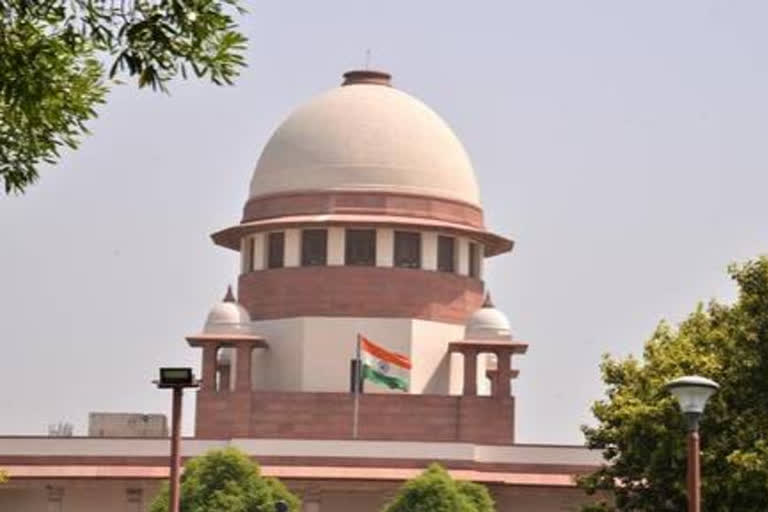New Delhi: The Supreme Court on Monday upheld the constitutional validity of Scheduled Castes and Scheduled Tribes (Prevention of Atrocities) Amendment Act, 2018 that ruled out any provision for anticipatory bail for a person accused of atrocities against Scheduled Castes/Scheduled Tribes.
A bench comprising Justice Arun Mishra, Justice Vineet Saran and Justice Ravindra Bhat, pronounced the verdict on pleas challenging the Act.
In October last year, the Bench had hinted that it will uphold amendments made by the Centre in SC/ST Act to restore immediate arrest and ban anticipatory bail.
The Bench had observed that with regard to anticipatory bail, the judgement of the Constitution Bench passed earlier had held that anticipatory bail can be granted in cases where a prima facie case under the SC/ST Act is not made out.
The old provision would be restored stand in the light of the review judgment delivered on September 30, 2019, the Court had remarked.
By September 30 verdict, the apex court's three-judge bench had recalled its March 20, 2018 order that had diluted the stringent provisions of the SC/ST Act while restoring automatic arrest in such cases.
Also read: Lok Sabha LIVE:Oppn uproar over ST/SC reservation Act
It had also recalled order on the preliminary probe by the police before the arrest.
By March 20, 2018 verdict, the two-judge bench of the apex court had held that there will be no automatic arrest on a complaint filed under the Act had also introduced anticipatory bail provision under the Act.
The Centre had filed a review petition before the top court asking to review its order passed on March 20, 2018.
However, the Centre had made amendments in the Act to overcome the top court's order diluting the provision of arrest under the law.
The amendments provide that no preliminary inquiry would be required for registering a criminal case and an arrest under this law would not be subject to any approval.
A bunch of pleas opposing amendments to the SC/ST Act were filed in the Supreme Court alleging that Parliament had "arbitrarily" decided to amend the law.
(ANI Report)



